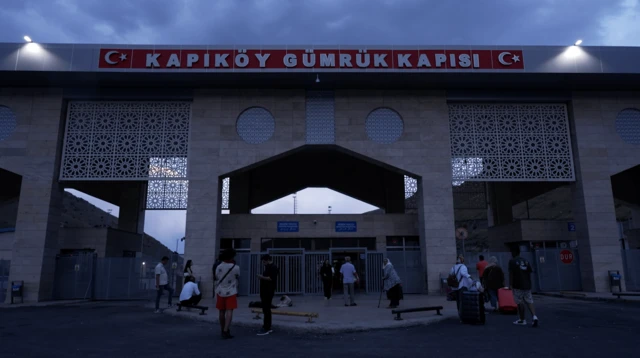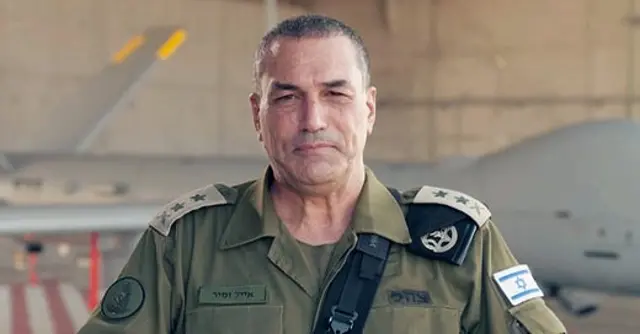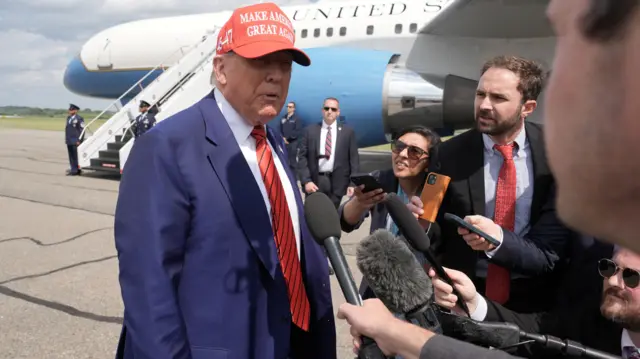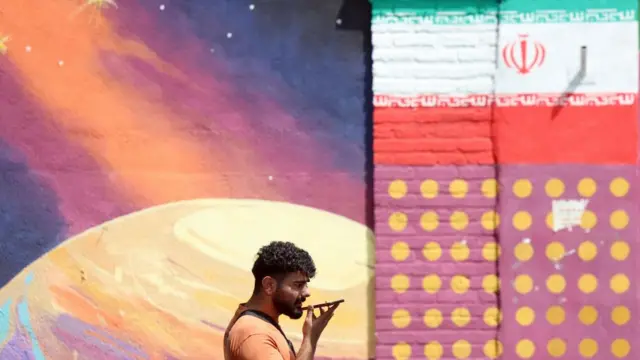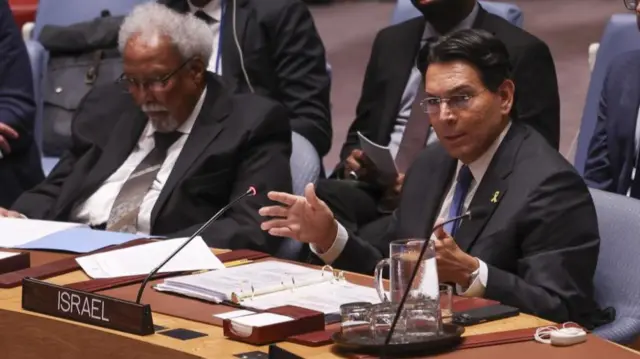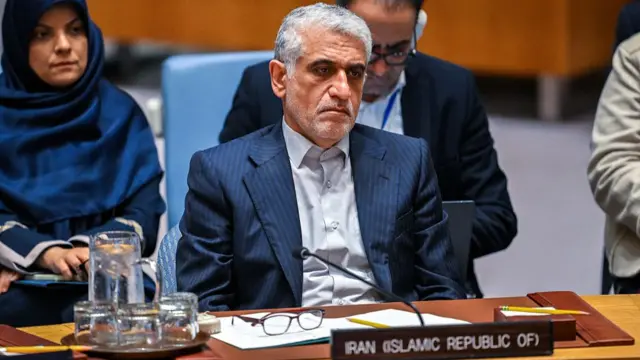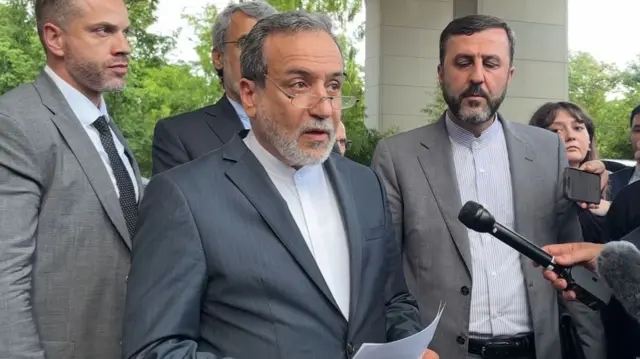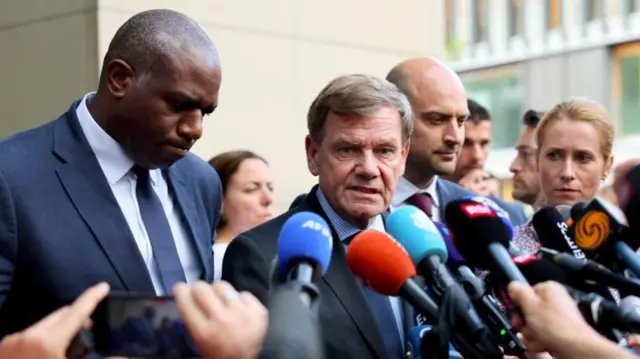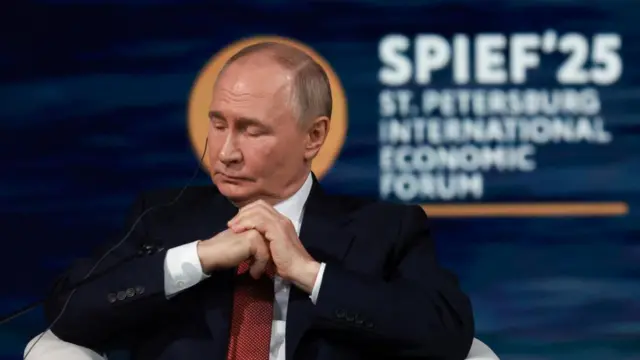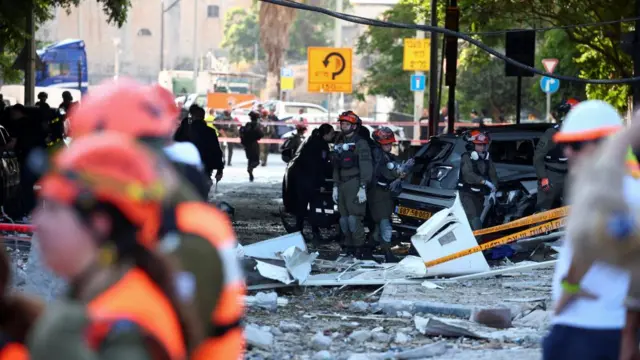European leaders hold talks with Iran as strikes continuepublished at 22:46 BST 20 June
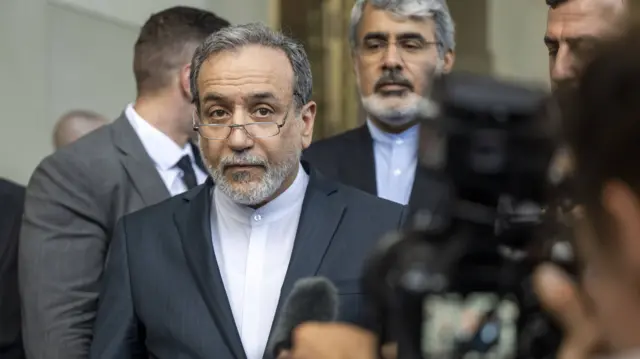 Image source, EPA
Image source, EPAIran's foreign minister attended talks in Geneva today with some of his European counterparts
Eight days into the latest conflict between Iran and Israel, and Iran's foreign minister has met with some of his European counterparts for talks in Geneva - as part of an effort to ease tensions.
Speaking to reporters afterwards, UK Foreign Secretary David Lammy said he and his fellow Europeans were "keen" to continue "ongoing discussions" on negotiations with Iran.
While Iranian Foreign Minister Abbas Araghchi said Iran was only ready to consider diplomacy "once the aggression is stopped".
Shortly afterwards, US President Donald Trump cast doubt over the impact European ministers had today, saying that "Iran doesn't want to speak to Europe, Iran wants to speak to us".
And away from the talks in Europe, Israel and Iran have continued to trade strikes.
Dozens of people were injured earlier today in strikes in Israel, according to its emergency service Magen David Adom (MDA). Overnight Israel said it had about 60 jets hitting targets around the Iranian capital Tehran.
We're ending our live coverage shortly. For more you can read our news story here.
You can keep up to date with the latest updates in our new live page.

